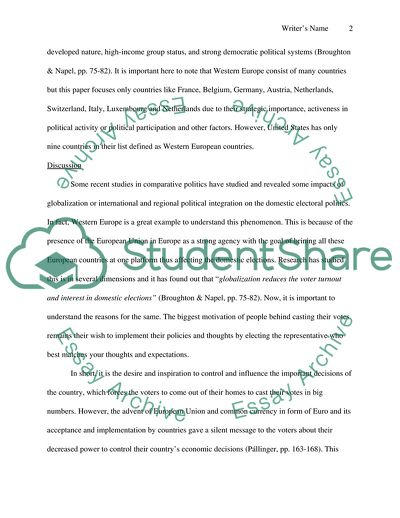Cite this document
(Factors Predicting Voting Behavior Research Proposal, n.d.)
Factors Predicting Voting Behavior Research Proposal. Retrieved from https://studentshare.org/politics/1734055-which-factors-best-predict-voting-behaviour-in-western-europe
Factors Predicting Voting Behavior Research Proposal. Retrieved from https://studentshare.org/politics/1734055-which-factors-best-predict-voting-behaviour-in-western-europe
(Factors Predicting Voting Behavior Research Proposal)
Factors Predicting Voting Behavior Research Proposal. https://studentshare.org/politics/1734055-which-factors-best-predict-voting-behaviour-in-western-europe.
Factors Predicting Voting Behavior Research Proposal. https://studentshare.org/politics/1734055-which-factors-best-predict-voting-behaviour-in-western-europe.
“Factors Predicting Voting Behavior Research Proposal”. https://studentshare.org/politics/1734055-which-factors-best-predict-voting-behaviour-in-western-europe.


